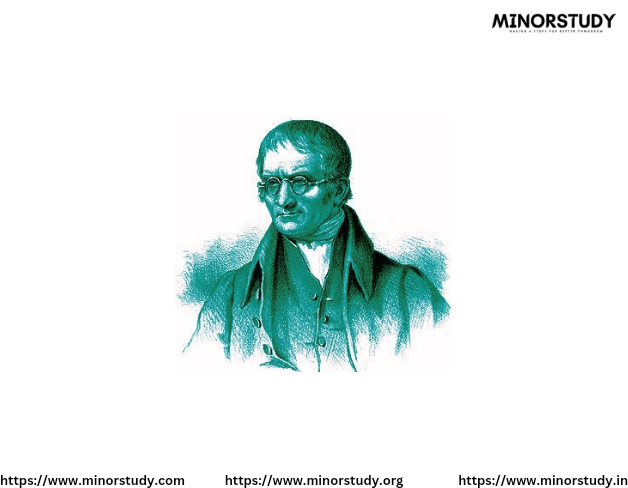Jane Goodall
- Minorstudy Web blogs
- Dec 6, 2024
- 3 min read

Jane Goodall (born April 3, 1934) is a renowned British primatologist, ethologist, and anthropologist, best known for her groundbreaking research on the behavior of chimpanzees in the wild. She is widely regarded as one of the most prominent scientists in the world, especially known for her work in conservation, animal welfare, and environmental activism.
Early Life and Education:
Born: April 3, 1934, in London, England.
Goodall's interest in animals began at a young age, influenced by stories she read about animals, particularly Tarzan. She was fascinated by wildlife and often dreamt of working with animals.
After completing her education in England, Goodall moved to Kenya in 1957 to pursue her passion for animals, where she met Louis Leakey, a prominent anthropologist and archaeologist. He was impressed with her knowledge of animals and hired her to study the behavior of chimpanzees in Gombe Stream National Park in Tanzania.
Groundbreaking Work with Chimpanzees:
In 1960, Goodall began her study of wild chimpanzees at Gombe Stream. What set her apart was her approach to observing the chimpanzees in their natural environment, rather than in a laboratory.
She made several revolutionary discoveries about chimpanzees, including:
Tool Use: Goodall was the first to observe chimpanzees using tools, such as using sticks to extract termites from mounds. This challenged the previously held belief that only humans used tools.
Social Behavior: She documented the complex social behavior of chimpanzees, including their strong familial bonds, communication systems, and the social structure within groups.
Emotional Capacity: Goodall observed that chimpanzees exhibit emotions such as joy, sadness, fear, and grief, which demonstrated that their behavior was more human-like than previously thought.
Goodall’s research not only changed the scientific community’s understanding of chimpanzees but also contributed to the broader field of animal behavior and evolutionary biology.
Contributions to Conservation and Animal Welfare:
In addition to her groundbreaking research, Goodall is a passionate advocate for conservation and the protection of wildlife. She founded the Jane Goodall Institute in 1977, which works to protect chimpanzees and their habitats, promote animal welfare, and support community-based conservation projects.
She has been a vocal advocate for sustainable living, deforestation, and habitat destruction, stressing the urgent need to protect the natural world and its biodiversity.
Through the Roots & Shoots program, she has inspired millions of young people globally to engage in environmental activism, promoting conservation efforts, and making positive changes in their communities.
Awards and Recognition:
Goodall has received numerous awards for her work, including the Tyler Prize for Environmental Achievement, the Linnean Medal, and the United Nations Messenger of Peace designation.
In 2002, she was named a Dame Commander of the Order of the British Empire (DBE) for her contributions to science, conservation, and animal welfare.
She has been recognized as one of the World's 100 Most Influential People by Time Magazine and continues to be a leading voice in environmental conservation.
Legacy:
Jane Goodall’s work has had a profound impact on the study of primates and animal behavior. She is considered one of the most influential scientists of the 20th and 21st centuries.
Her work has helped shift attitudes toward non-human animals, demonstrating that they possess complex emotional and cognitive capacities, leading to greater empathy and conservation efforts.
Goodall's advocacy for environmental sustainability and conservation continues to inspire individuals, organizations, and governments to protect natural habitats and address environmental challenges such as climate change, deforestation, and the illegal wildlife trade.
Quotes:
"What you do makes a difference, and you have to decide what kind of difference you want to make."
"The greatest danger to our future is apathy."
"I don’t believe in the word ‘impossible.’"
Significance:
Jane Goodall’s contributions to the scientific understanding of chimpanzees and her advocacy for animal welfare and environmental conservation have made her one of the most important figures in modern science and conservation. Through her tireless efforts, she has helped bridge the gap between humans and the animal kingdom, promoting empathy and understanding. Her work continues to inspire future generations to protect the natural world and all its inhabitants.











Comments